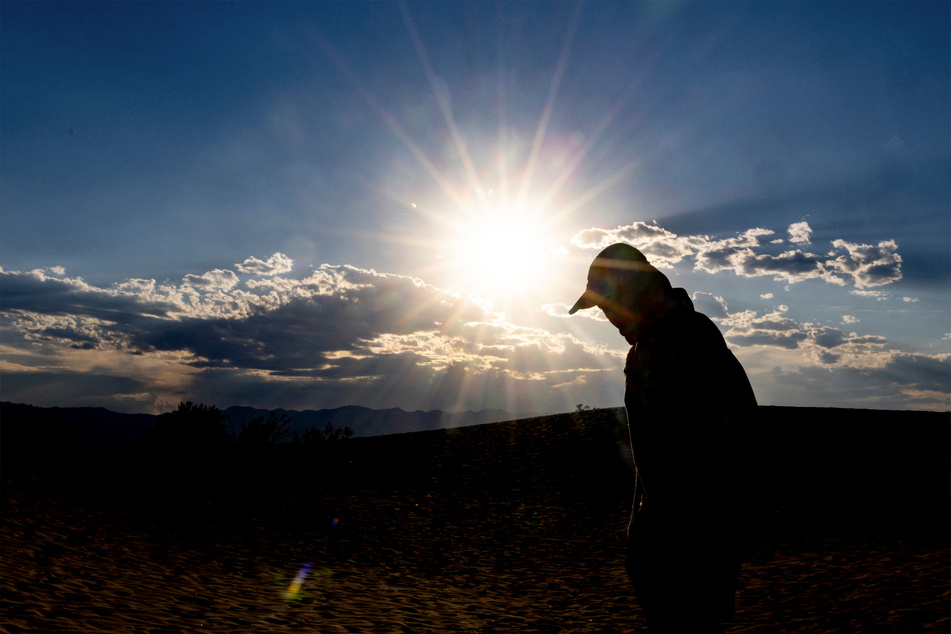US heatwave brings deadly temperatures across the country
Los Angeles, California - As a record-breaking heatwave continues across the US, authorities are warning of deadly temperatures in the coming weeks.

Over the last weeks, records have been shattered across much of the US, as temperatures reach rise well above 90 degrees Fahrenheit on both coasts.
The heat wave has presented a major threat to public health, with dozens having died from heat-related causes, and has crippled infrastructure in much of the country as all-time records were broken in more than 50 cities.
In Palm Springs, California, temperatures skyrocketed to 124 degrees on July 5, and sat around 120 in many parts of the state over the following week.
Forecasts released by the Climate Prediction Center show there is a "high risk" of excessive heat across much of the West Coast. In Ohio, Tennessee, the Northern Plains, and the Lower Mississippi Valleys, "rapid onset drought" is possible.
Overnight temperatures are increasing at a particularly rapid rate, an impact of climate change that was predicted in a 2018 National Climate Assessment report.
The National Weather Service (NWS) on Thursday warned: "This long-duration heat wave remains extremely dangerous and deadly if not taken seriously."
Staying safe during extreme heat

The NWS has a short list of recommendations and tips for those dealing with the extreme heat.
Young children and infants, older adults, those with chronic medical conditions, and pregnant women are at particular risk, and should take precautions to escape as much of the heat as possible.
People should stay indoors in cooler spaces as far as possible, drink plenty of water, and try to stay out of the sun.
The National Oceanic and Atmospheric Administration classifies extreme heat under four categories. Across much of the US, people are set to experience the two highest risk levels, "Danger" and "Extreme danger."
"As the days of extreme heat increases, the body's ability to cool itself decreases," the NOAA warned in a post on X.
"Best advice is to continue increasing hydration, increasing amount of time out of the sun and in a cool safe place, and continue to check on others."
Cover photo: AFP/Robyn Beck

